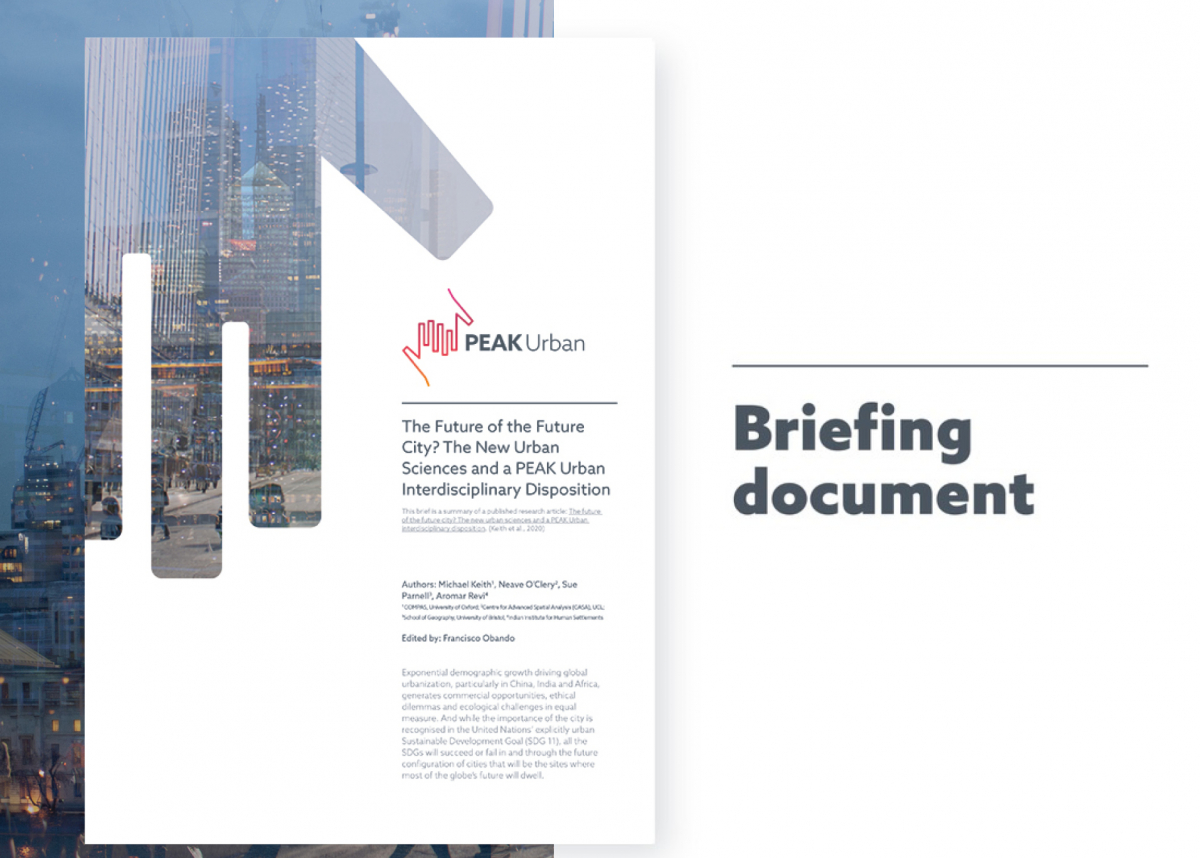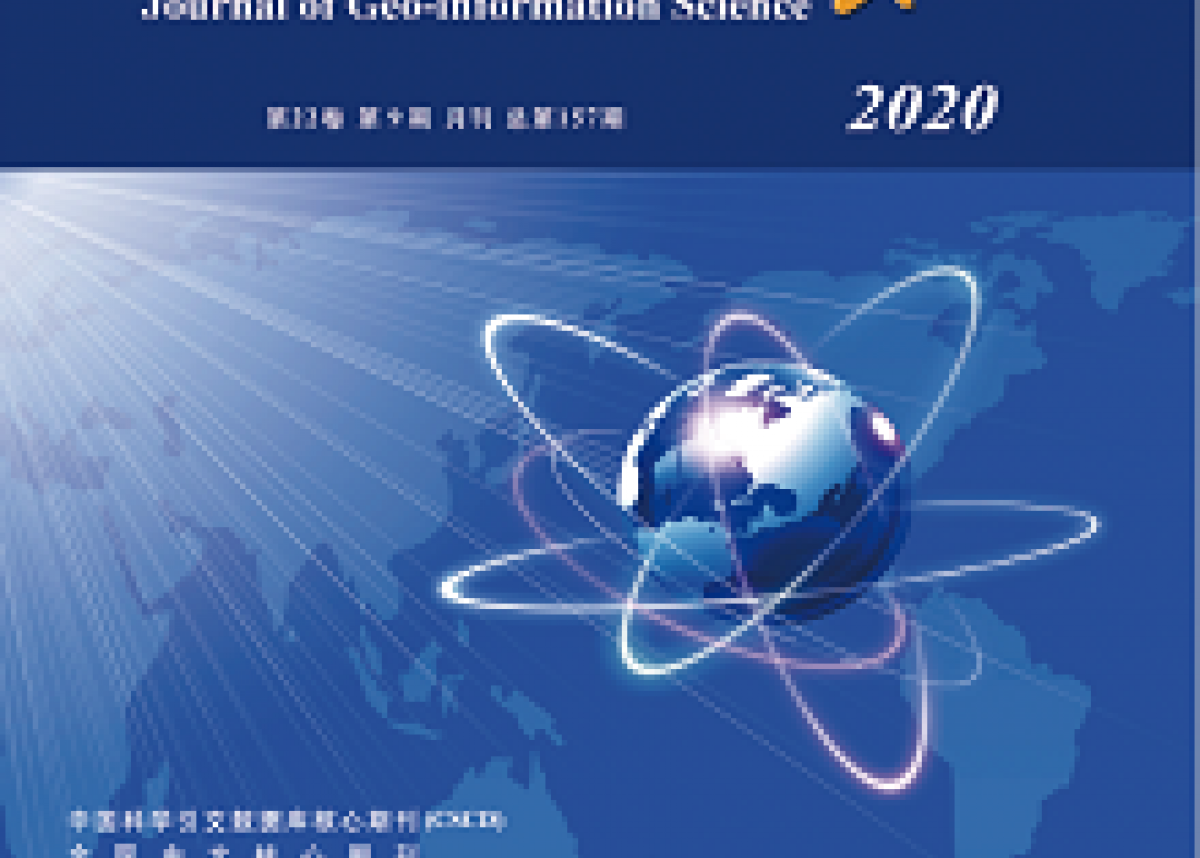
Mobilizing social reproduction: gendered mobility and everyday infrastructure in Abidjan
This article examines the everyday mobilities of mothers in Yopougon, Côte d’Ivoire to analytically center mobility in the study of social reproduction.
Yopougon, Abidjan’s largest commune, is on the cusp of a major overhaul of its transportation network intended to better integrate it into the city. Planned through a conventional vision of economic productivity that privileges commuting over other forms of travel, this restructuring risks deepening gendered exclusions in urban mobility.
Mothers of young children, a sub-category of passengers who perform the bulk of the work of social reproduction and who experience multiple competing demands on their time that structure their mobilities in particularly illustrative ways, have been overlooked in transport planning. Drawing on mobility diaries and visual research methods, I illustrate how urban transport systems are implicated in the everyday practices of intergenerational care and social reproduction and how, in turn, these practices themselves become forms of urban infrastructure.
These mobile practices of social reproduction disclose critical affordances and barriers in existing popular transport systems and reveal the breadth of gendered practices, relations, and materialities that are constitutive of mobility infrastructures but marginalized by a narrow policy focus on the transport sector.
Jacob Doherty (2021) Mobilizing social reproduction: gendered mobility and everyday infrastructure in Abidjan Mobilities, DOI: 10.1080/17450101.2021.1944288




